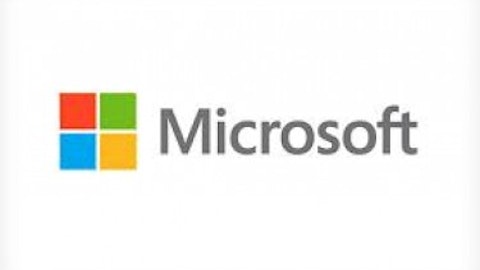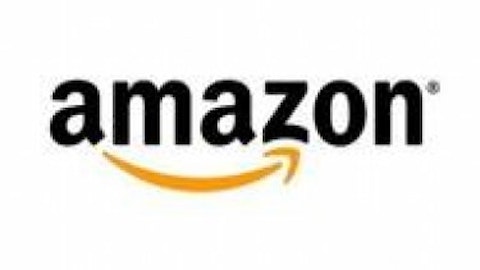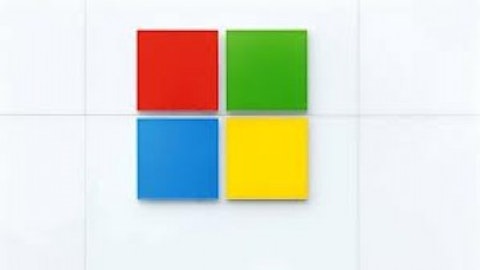Groupon Inc (NASDAQ:GRPN) missed earnings again in its report for the third quarter. The company was more or less at zero profit, while analysts had expected 3 cents per share in earnings; revenue, too, came in below Street targets. The stock fell over 10% in after hours trading after having been up on the day, and is now down about 85% from the price in its IPO about a year ago. The bright spot for investors is that there was substantial improvement at the company: revenue was up 32% for the quarter compared to the third quarter of 2011, and Groupon had positive operating income. Growth was particularly strong in North America, which overtook international operations (where revenue numbers were barely up) to become the top source of revenue. The company also claimed that its new product offering Groupon Goods is gaining traction in the market, and in addition that subscriber numbers continue to be strong.
Analysts had been expecting a total of 18 cents per share in earnings for 2012, so even a 3 cent miss is significant in terms of determining Groupon’s trajectory. EPS for 2013 had been expected to be 35 cents, which had placed the stock price at a forward P/E of 11. When we’d been considering the stock, we’d noted that was a value level but expressed skepticism in how optimistic the sell-side was being. Our attitude is unchanged: even if Groupon Inc generates, say 20 cents per share in earnings next year it might be a good value at its current price when investors consider its growth opportunities. We do doubt that the company can get there, however.
Bill Miller’s Legg Mason Capital Management had almost doubled the size of its position in Groupon Inc during the second quarter of the year, closing June with 5.4 million shares in its portfolio (see more stock picks from Legg Mason Capital Management). Billionaire Steve Cohen’s SAC Capital Advisors had also been bullish on the stock, owning 2 million shares at the end of the second quarter after a large increase in its stake. Find more stocks that Cohen liked. Of course, given how much time has passed since then it’s possible that either of these funds had sold their shares and so escaped the losses after Groupon missed expectations.
We’d consider Groupon’s peer group to be Amazon.com, Inc. (NASDAQ:AMZN), owner of competitor LivingSocial; Facebook Inc (NASDAQ:FB); and Yelp Inc (NYSE:YELP) and Google Inc (NASDAQ:GOOG), who are active in selling advertising rather than discounts to local businesses. Amazon reported a loss for the third quarter, and continues to be barely profitable on a trailing basis; even when looking at 2013, it is priced at over 100 times expected earnings. The company certainly has many strong business opportunities but Groupon actually seems to be a better “grow the top line and hope the bottom line follows” investment. Facebook- like both Amazon and Groupon- is getting good revenue growth but hasn’t been as good at generating income (and, like Groupon, is well off its IPO price). Its forward P/E is 31- again, well higher than Groupon.
Yelp, like Groupon, hasn’t been profitable recently but its stock price has held up relatively well as it has delivered strong revenue growth. However, it too looks very expensive on a forward basis with little earnings expected in 2013. Read our analysis of Yelp. Groupon could actually be paired against any of these three peers- it’s not cheap, but perhaps a good relative value. Google’s earnings dropped 20% in the third quarter versus Q3 2011, but this was primarily due to the acquisition of the poorly performing Motorola Mobility Holdings to help the company expand its mobile operations. It carries trailing and forward P/Es of 20 and 14, respectively. With that company obviously having considerable net income already, it may be a safer “growth at a reasonable price” stock than Groupon.
We’re not fully ready to endorse going long Groupon and shorting peers like Yelp, Amazon, and Facebook. However, there’s something to be said for the fact that Groupon can fall well short of analyst expectations and still be a good value; those three companies, however, look fairly dependent on beating the Street going forward. This is a theme that we may revisit later.






